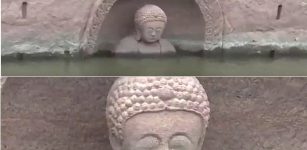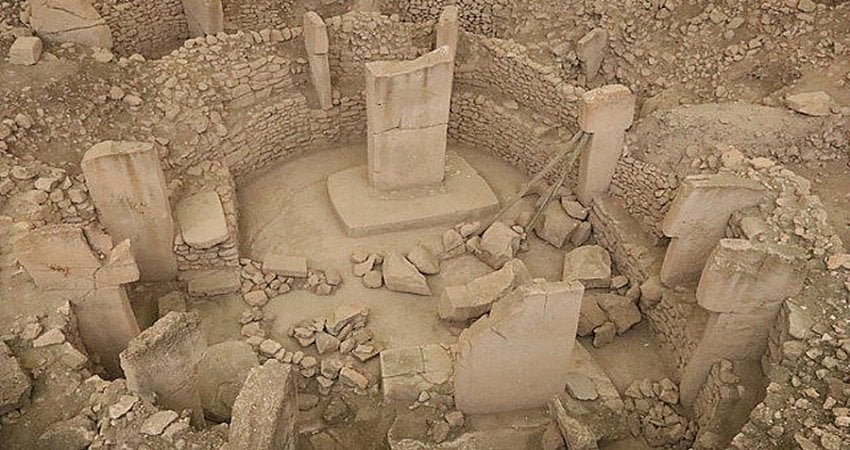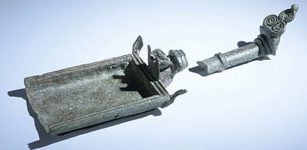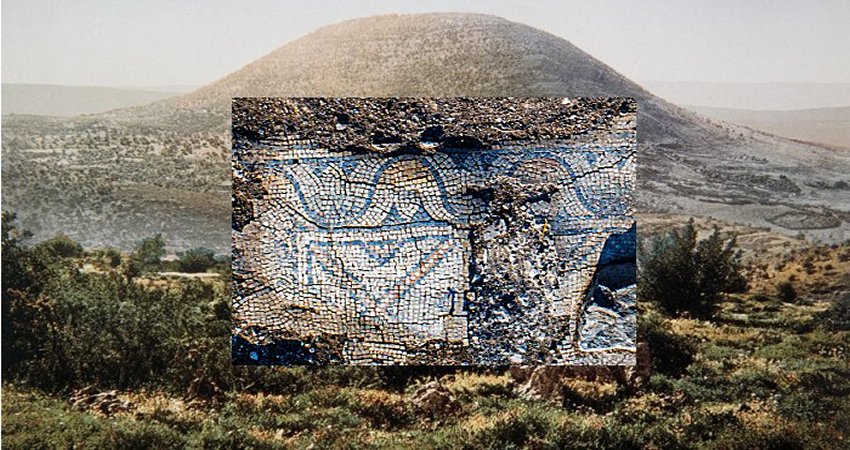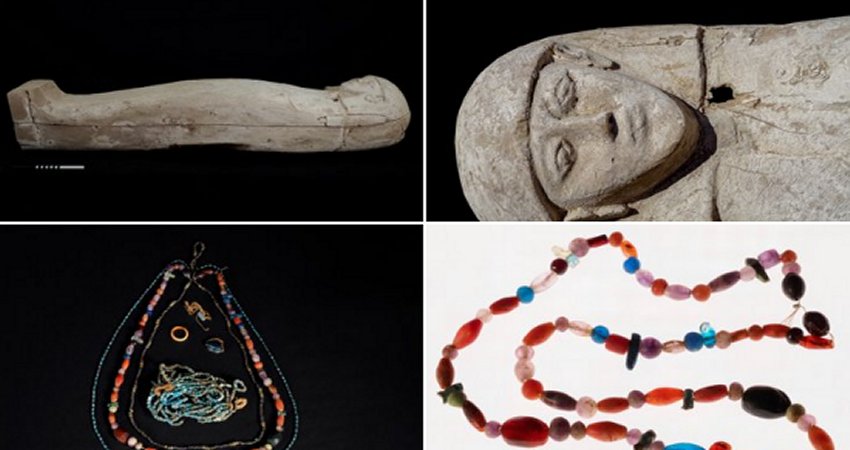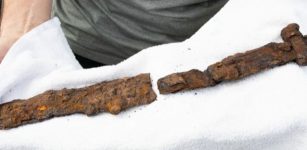Large And Rare Mask Of Greek God Pan Discovered At Ancient Sanctuary In The City Of Hippos
MessageToEagle.com – Archaeologists in northern Israel have unearthed an ancient sanctuary in the city of Hippos where they discovered a large and rare mask of Greek God Pan. The mask is an extraordinary find and suggests the ancient sanctuary was dedicated to the Greek God Pan.
According to experts, bronze masks of this size are extremely rare and usually do not depict Pan or any of the other Greek or Roman mythological images.
In most cases bronze masks from the Hellenistic and Roman periods are miniature.
“Most of the masks are usually similar in size to theater masks, are made of stone or terracotta and are of ritual, apotropaic, decorative or symbolic significance. I contacted the curators of some of the world’s greatest museums, and even they said that they were not familiar with the type of bronze mask that we found at Hippos. Hippos-Sussita cannot compete in wealth with the ancient cultural centers of the Roman Empire and as such, a finding of this kind here, of all places, is amazing,” Dr. Eisenberg from the University of Haifa said.
Hippos-Sussita is located about 2 km east of the Sea of Galilee in the Sussita National Park of the National Parks Authority.
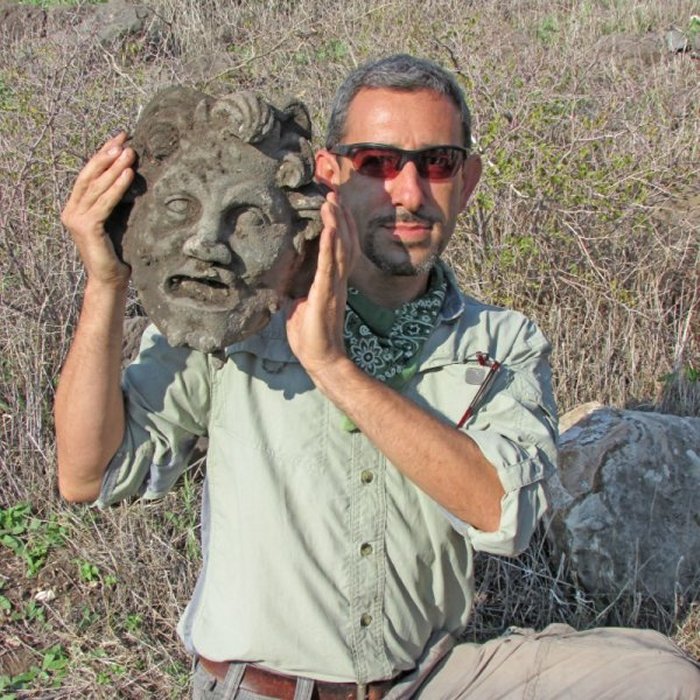
Credit: Image courtesy of University of Haifa
In recent years, the mysteries of Hippos-Sussita have been revealing their secrets in an extraordinary way.
In 2011, scientists found an ancient sculpture of Hercules. Two years later a basalt tombstone with a sculpture of the deceased’s bust was uncovered. Now there is a new surprise: the only finding of a bronze mask of unnatural size, in the form of the god Pan/Faunus.
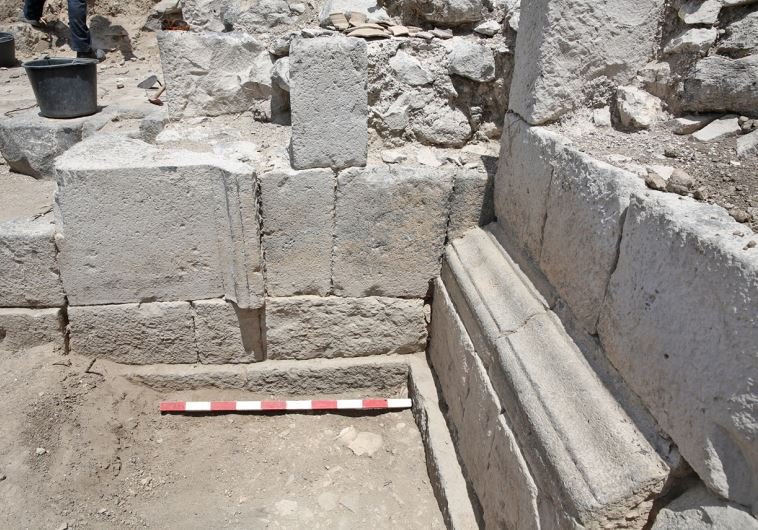
Excavations at Hippos-Sussita are usually conducted in the summer. However, a series of intriguing structures on the ridge of the city, where the ancient road passed, led to a one-day dig in the winter. The dig focused on a basalt structure which the researchers assumed was a type of armoured hangar for the city’s projectile machines. The finding of a ballista ball made of limestone, a different material from the basalt that was customarily used at Hippos-Sussita to make balista balls, made them realize that it was an enemy’s projectile.
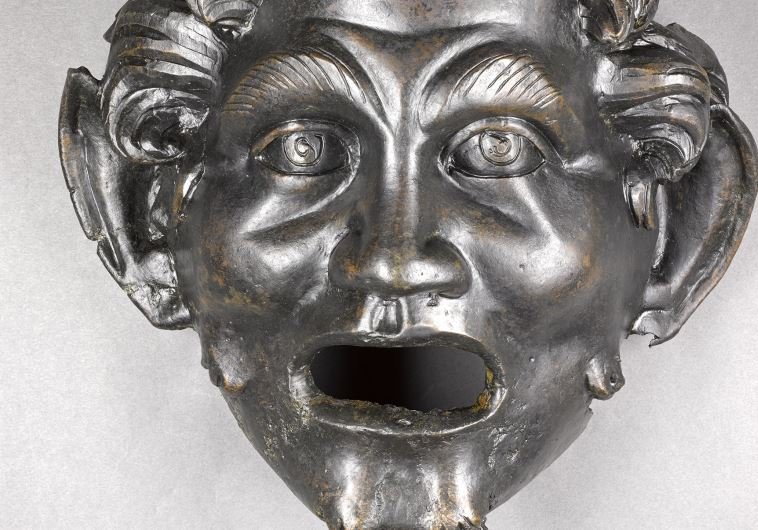
In light of this interesting find the researchers decided to search the structure for coins to help them date the balls. It didn’t take long for the metal detector, operated by the capable hands of Dr. Alexander Iermolin, head of the conservation laboratory at the Institute of Archaeology at the University, to start beeping frantically.
See also:
Ancient Greek Costumes, Masks And Theatre In Focus
Herne The Hunter – The Horned God And Lord Of The Forest In British Mythology
Graeae: Three Sisters Of Fate Who Shared One Eye And Tooth In Greek Mythology
The archeologists were not yet aware of what was in store for them: “After a few minutes we pulled out a big brown lump and realized it was a mask. We cleaned it, and started to make out the details: The first hints that helped us recognize it were the small horns on top of its head, slightly hidden by a forelock,” said Dr. Eisenberg.
In Greek mythology, Pan was the god of the wild, hunting and companion of the nymphs. He was depicted as being half human, while having the legs and horns of a goat, just like a faun. His Roman counterpart was Faunus and he was in many ways similar to Herne the Hunter, the horned god and lord of the forest in British mythology.
It is unknown who the parents of Pan were, but his father may have been Zeus, Dionysus, Hermes, or Apollo. His mother may have been a nymph called Dryope, Penelope who later became the wife of Odysseus, or Aphrodite.
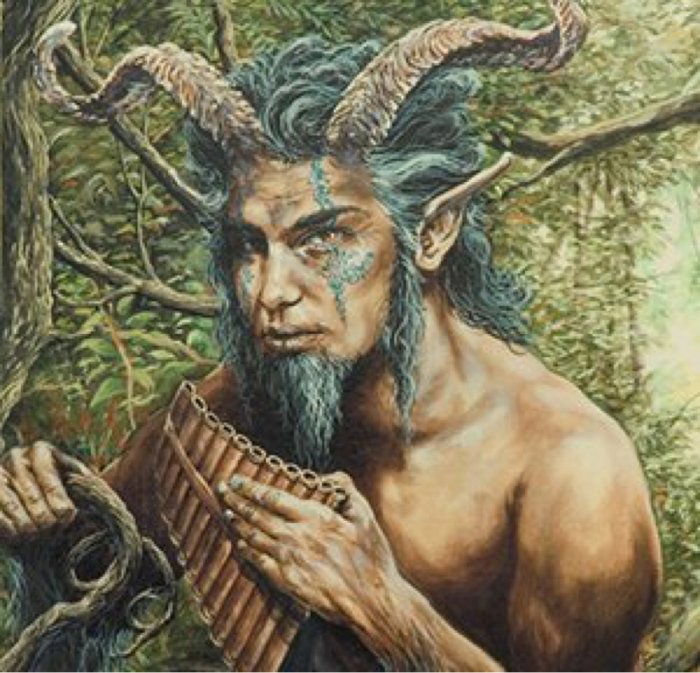
There were no temples attributed to Pan, but he was rather worshipped in natural settings such as caves.
Horns like the ones on the mask are usually associated with Pan, the half-man half-goat god of the shepherds, music and pleasure. A more thorough cleaning in the lab, revealed strands of a goat beard, long pointed ears, and other characteristics that led Dr. Eisenberg to identify the mask as depicting a Pan/Faunus/Satyr.
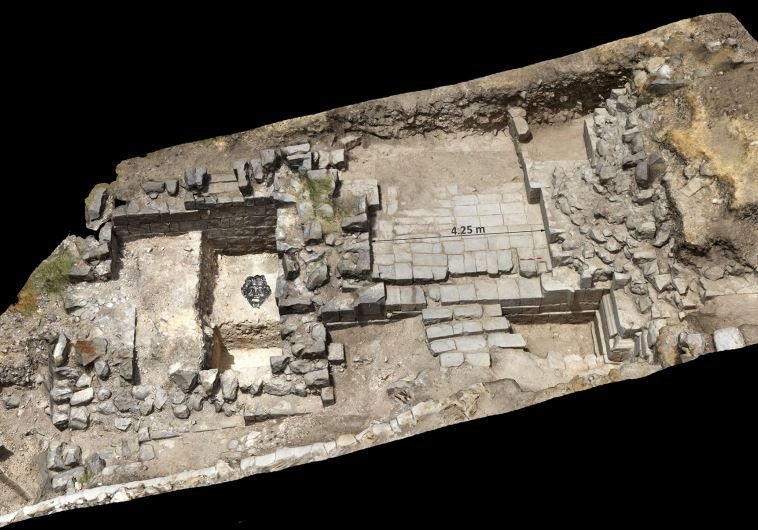
The new archaeological find may help researchers better understand previous discoveries in the ancient city. With the recent discovery of the gate, Michael Eisenberg, head of the expedition, said that the researchers now have a starting point that will help them look for answers.
“Now that the whole gate has been exposed, we not only have better information for dating the mask, but also a clue to its function,” Eisenberg said in a statement. “Are we looking at a gate that led to the sanctuary of the god Pan or one of the rustic gods?”
MessageToEagle.com

